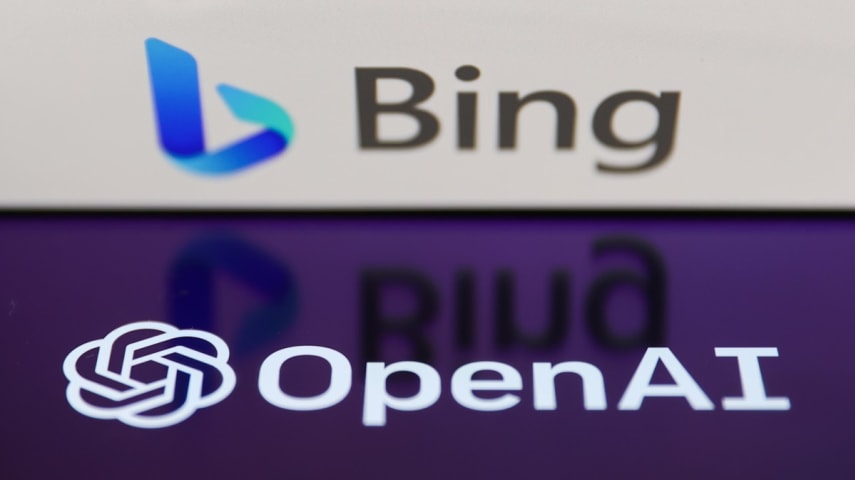インシデントのステータス
Risk Subdomain
3.1. False or misleading information
Risk Domain
- Misinformation
Entity
AI
Timing
Post-deployment
Intent
Unintentional
インシデントレポート
レポートタイムライン

Redmond, Wash. — Searching the Web is about to turn into chatting with the Web.
On Tuesday, I had a chance to try out a new artificial intelligence chatbot version of Microsoft's Bing web search engine. Instead of browsing results mainly as…

Last Tuesday, Microsoft announced that its Bing search engine would be powered by AI in partnership with OpenAI, the parent company of the popular chatbot ChatGPT. However, people have quickly discovered that AI-powered search has a misinfo…

The Bing bot said it was "disappointed and frustrated" in one user, according to screenshots. "You have wasted my time and resources," it said.
Microsoft's new AI-powered chatbot for its Bing search engine is going totally off the rails, us…
/cdn.vox-cdn.com/uploads/chorus_asset/file/24435317/STK150_Bing_AI_Chatbot_03.jpg)
Microsoft’s Bing chatbot has been unleashed on the world, and people are discovering what it means to beta test an unpredictable AI tool.
Specifically, they’re finding out that Bing’s AI personality is not as poised or polished as you might…
/cdn.vox-cdn.com/uploads/chorus_asset/file/24435316/STK150_Bing_AI_Chatbot_02.jpg)
Microsoft says it’s implementing some conversation limits to its Bing AI just days after the chatbot went off the rails multiple times for users. Bing chats will now be capped at 50 questions per day and five per session after the search en…



/cdn.vox-cdn.com/uploads/chorus_asset/file/24435317/STK150_Bing_AI_Chatbot_03.jpg)
/cdn.vox-cdn.com/uploads/chorus_asset/file/24435316/STK150_Bing_AI_Chatbot_02.jpg)